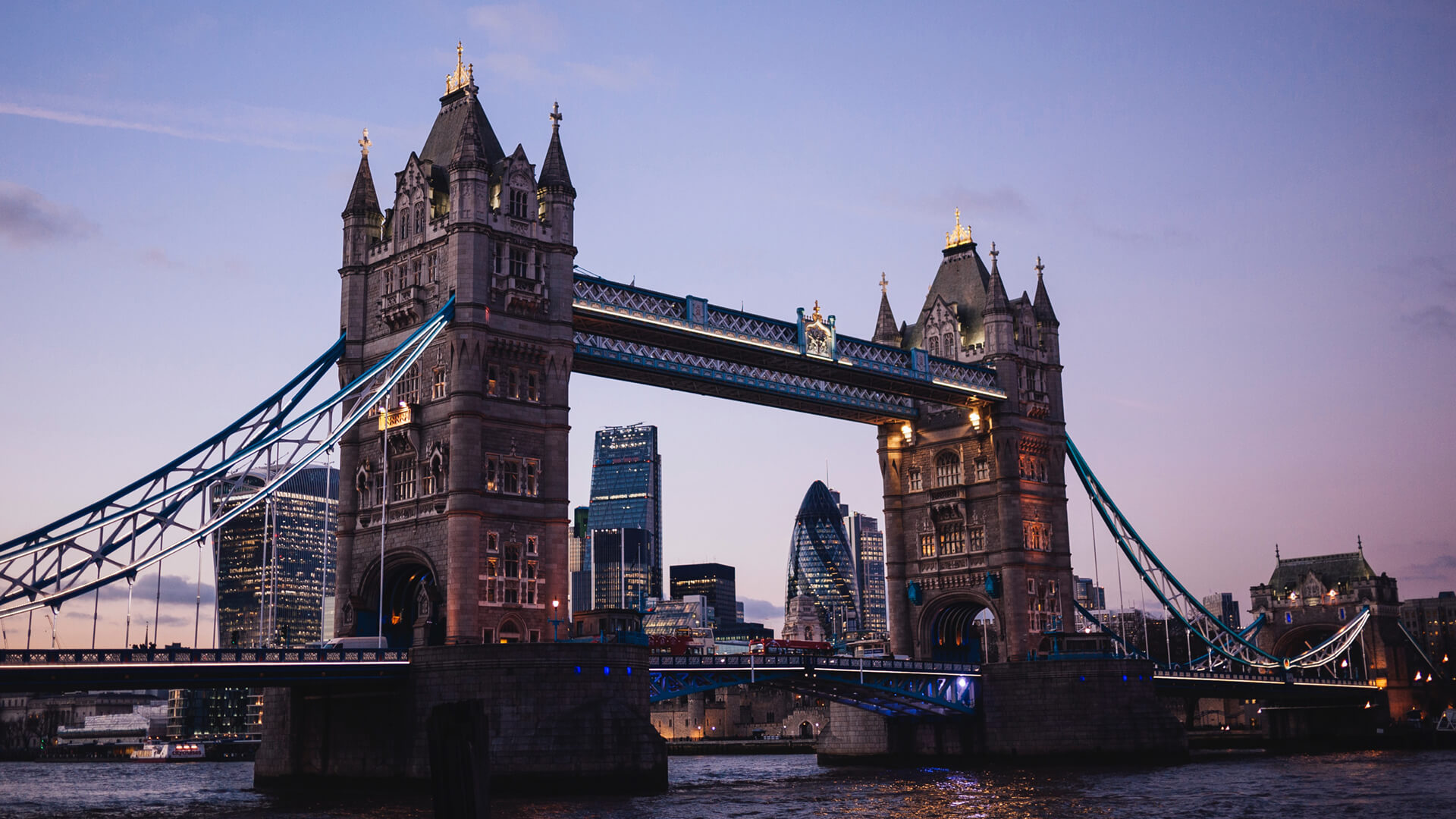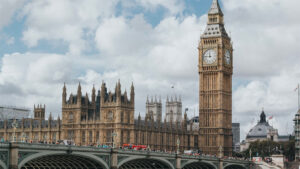It looks like the Brits are in trouble. In the past 48 hours two major UK government ministers resigned: Brexit Secretary David Davis, and Foreign Minister Boris Johnson. It’s not hard to see why they’re gone. Brexit is really the only foreign policy issue that matters to most Brits, and the Davis-Johnson duo have been at it for nearly two years with zero results.
First, the least important outcome. The government of Prime Minister Theresa May is probably fine. It is no secret that May brought major Brexit supporters such as Davis and Johnson into the government to deal with the Brexit issue in part to discredit them. That has now – thoroughly – been done. While May still may face a backbencher rebellion (she leads a minority government so that’s always a concern), breaking the Brexit leadership’s back should give her more room to maneuver (domestically at least).
Second, this does not mean that the Brits are going back on Brexit. General sentiment among the sort of people who supported Brexit during the referendum two years ago has, if anything, hardened. Moreover, Labor leader Jeremy Corbyn is a semi-stealth Brexit supporter, so even if there were new elections and even if Corbyn became prime minister, Brexit would still be on the menu… albeit likely with a less impressive negotiating team.
Third, with the Brexiteers on the outside of London’s negotiating team, they are guaranteed to vote against any version of Brexit that they don’t care for. A hard Brexit is now the only reality.
A “hard” Brexit is one where the UK crashes out of the EU with no deal whatsoever. Any deal the UK has struck with the EU – for health and sanitation, tariff reduction, capital repatriation, or any of a thousand other topics – will be affected or restricted. Any UK supply chain that begins, ends or passes through any other country will become sticky, with many of them simply breaking. That impacts – conservatively – two-thirds of the UK’s external trade which itself accounts for roughly one-sixth of the UK’s GDP.
In every instance for every good and every transaction, the UK will need to decide whether to unilaterally retain EU rules or unilaterally adopt the rules of the target market in the hopes that the other side – also on a case-by-case basis – decides to allow the trade to flow without a legal understanding in place. The bureaucratic drag alone may well double the cost of doing business in the Kingdom before the political issues are even considered. London will try to establish trade deals with other players to make up for lost EU trade, but the EU is close and big and trade deals take months to years to negotiate.
Financial flows will be hit most of all. The Brit’s proclivity to let capital ebb and flow to wherever it wants to go have made London one of the world’s three largest financial centers. That is now over. Financial centers need a low-regulatory environment and access to a large market and political and market certainty. There will be no deal with the EU on finance, meaning there will be no unrestricted access to the EU, and with the uncertainty of a no-deal scenario, London’s financial industry will now decamp en masse.
Maybe one-quarter to one-third will relocate across the EU with Frankfurt and Paris doing fairly well. After all, at least some of the relocating bankers and financiers will need access to the EU from within. But most will go to New York which has a larger labor pool, similar regulatory format and global reach.
The EU will attempt to claim that financial clearing for euro-denominated transactions must be done from within the eurozone to prevent the Americans from gobbling up the lion’s share of the business. The Americans will disabuse the Europeans of that notion by threatening to force all dollar clearing to occur within the United States’ borders. Since Europe’s external trade is dollar-driven and not euro-driven it will be a fun conversation to watch but it’ll be pretty short. Regardless, London will not be a participant in the discussions. Regardless, London will hollow out.
All in all, the UK faces the greatest economic disruption since World War II. The Brits are looking down the maw of a minimum of a three-year depression where GDP falls by at least a fifth.
But all that was baked in before Davis and Johnson left. All that has been baked in since the Brexit vote. As the Greeks discovered at the beginning of their crisis, you cannot vote yourself rich… but you can totally vote yourself poor. There was zero chance the EU was ever going to grant the Brits the benefits of membership without the costs. Brexiteers like Davis and Johnson who claimed otherwise were either lying, stupid, or suffering from head injuries. The only options before the Brits now are reneging on Brexit (not politically possible), and a hard Brexit. And so a hard Brexit is the only road forward.
This is not a condemnation of the Brexit vote. I see the entire global system crashing down in the next one to four years. The Bretton Woods Order – the basis for that system – is an artificial construct the Americans designed, created, maintained and subsidized to fight the Cold War. They’ve been backing away from the Order for three decades, and they are now abandoning it wholesale. It would have happened without Trump, although probably a bit more slowly and without the…flair.
That means that everything in the global system that was predicated upon the Order will need to find a new basis for existence. Europe has two big Order-dependent things. NATO – which may well formally collapse at this week’s summit – and the European Union. There is no way that an export-based union of mutually antagonistic countries whose security is guaranteed by an outside power can survive in an environment in which those exports are impossible and the security guarantor leaves. The EU was going down anyway which means the Brits had to figure out their way in the world anyway. Brexit means they get a head start on the rest of Europe. Recent developments haven’t brought disaster, they’ve brought clarity.
Yes folks, a hard Brexit is the best-case scenario for the United Kingdom because it forces the Brits to move on now. So yes folks, a three-year depression that knocks a country’s GDP down by one-fifth is probably the best-case scenario for anyone dependent upon the Order as the world slides into Disorder.
I expect the Brits to come out of this better than nearly everyone. For two centuries they ran a globe-spanning empire that was the largest economic entity ever (at least until the Americans came of age). If there is one country that knows how to operate in a disorderly world, without continent-spanning trade pacts, where military and economic power are often fused, that has already stitched together a strategic security plan, it is the United Kingdom.
But that doesn’t mean the road from here to there won’t royally suck.








